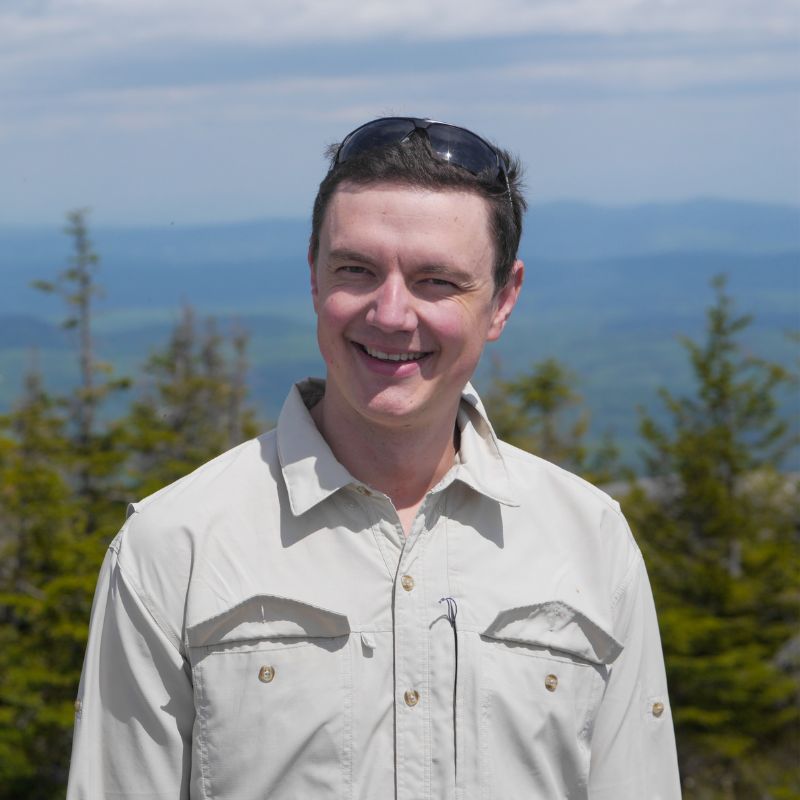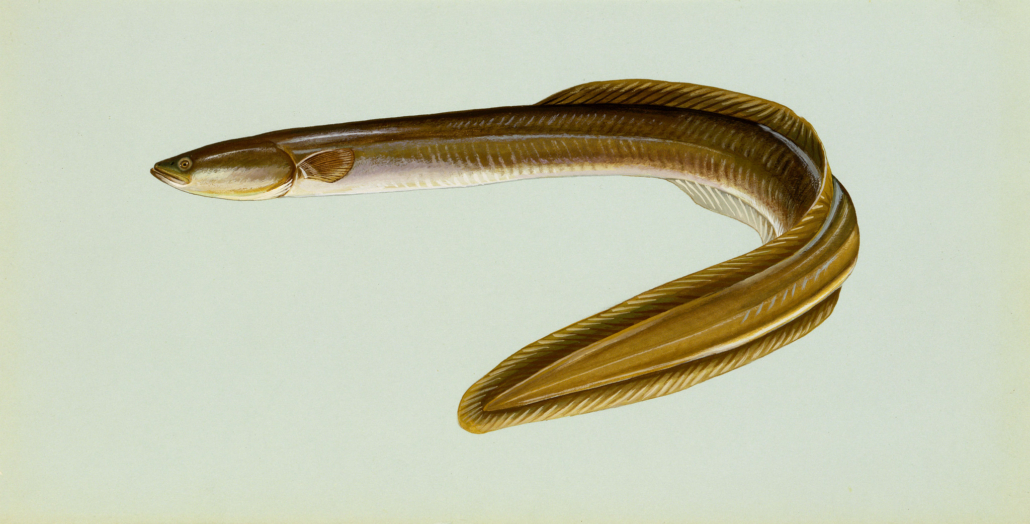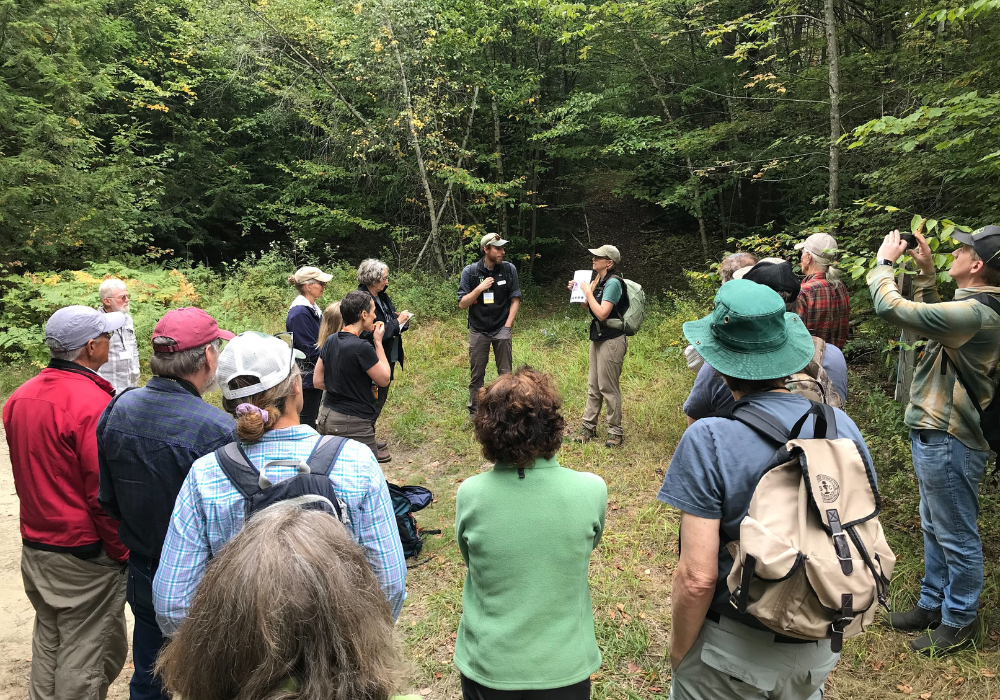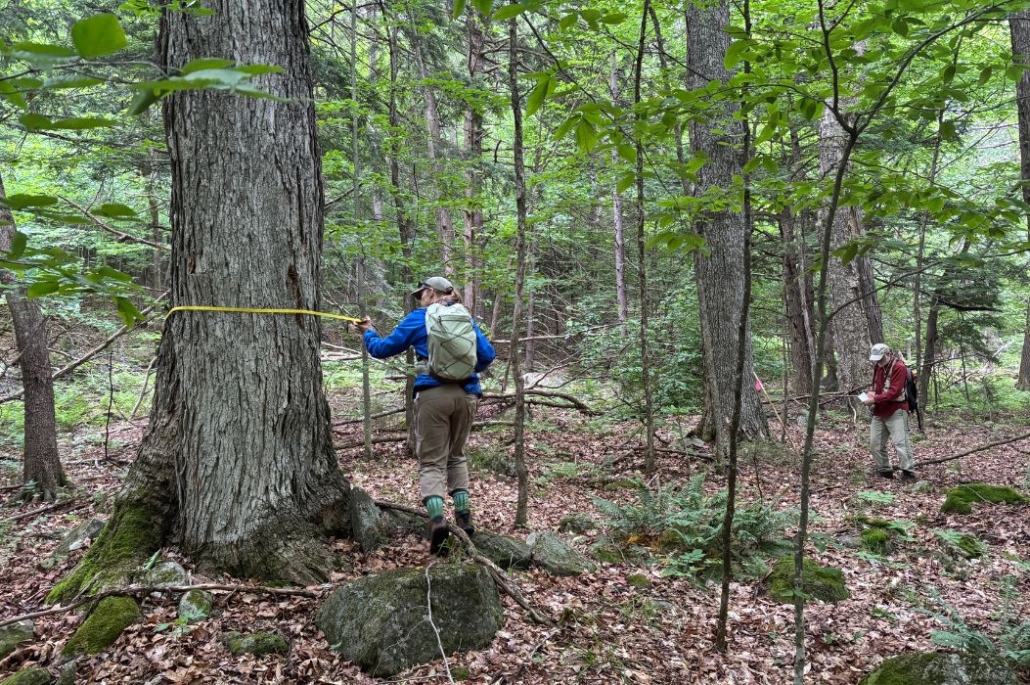Maine
Alix has worked in collaborative land conservation, communications and related fields for more than thirty years. However, she took a somewhat circuitous route in getting there – learning to control avalanches in Utah, working on a ranch in Wyoming and at a salmon cannery in Alaska during the 1970s. In the early 1980s, she worked in public relations, political organizing, and as a freelance photojournalist – acquiring skills which would come in handy down the road.
She found her niche at the Natural Lands Trust, a regional organization headquartered near Philadelphia, in the late 1980s. In the 1990s she was founding executive director of Portland Trails, the urban, trails-oriented land trust in Portland, Maine. At the same time, she chaired the Mountain Division Alliance, which promoted the vision for a 50-mile rail-with-trail, now in the works. Her first book, Groundswell: Stories of Saving Places, Finding Community, was published in 2005 by the Trust for Public Land. Co-sponsors included the National Park Service Rivers & Trails Program, The Conservation Fund and The Nature Conservancy.
She lives on a farm in Pownal, Maine, and is a board member of Maine Coast Heritage Trust and the Forest Society of Maine, and an advisory board member of QLF/Atlantic Center for the Environment, among others. She has served as staff, board member, volunteer and consultant for nonprofits of all sizes, and on numerous international exchanges. She co-created the Irish ~ US Land Use & Leadership Network, and serves as project director for the Biddeford RiverWalk Coalition in southern Maine. Alix is currently raising funds and support for a pioneering book of community stories from the Middle East, where she has done extensive travel and interviewing in recent years.
During this time she has learned that passion and a touch of madness are prerequisites for launching new endeavors.









